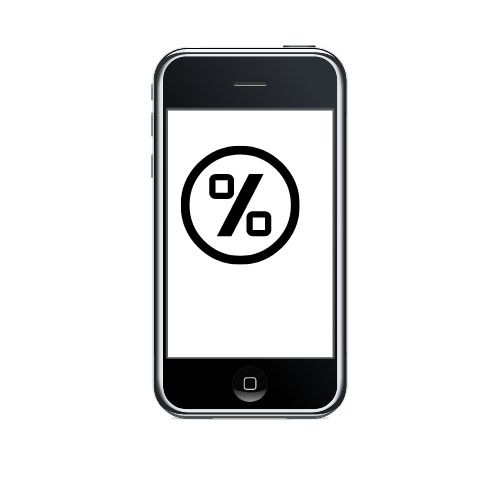A buyer’s earnest money effectively serves as a deposit on the house they wish to buy.
During the exchange of the earnest money, a contract is drafted outlining the terms for the money’s refund.
Earnest money deposits can range from 1 to 10% of the sales price, largely depending on the rate of interest in the market.
Buyers who violate the conditions of the agreement run the danger of losing their earnest money deposit.
To prevent a buyer from pulling out of a purchase while still keeping their earnest money, there are a number of possible agreed-upon conditions.
Earnest money can be connected to the offer, although it is typically delivered after the sales contract or purchase agreement is signed. When a deposit is made, the money is normally kept in an escrow account until closing, when it is used to cover the buyer’s closing expenses and down payment.
Both sides sign a contract when a buyer chooses to acquire a house from a seller. The buyer is not required under the contract to buy the property because the home assessment and inspection reports could subsequently point out issues with the property. However, the contract guarantees that the seller would remove the house from the market while it is being inspected and valued.
